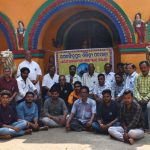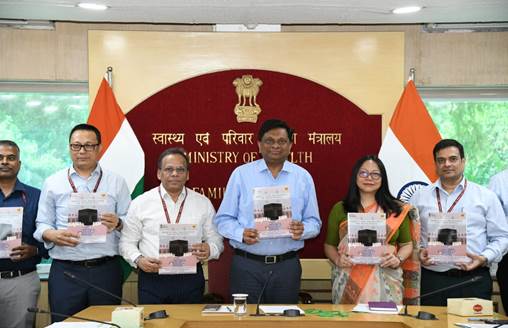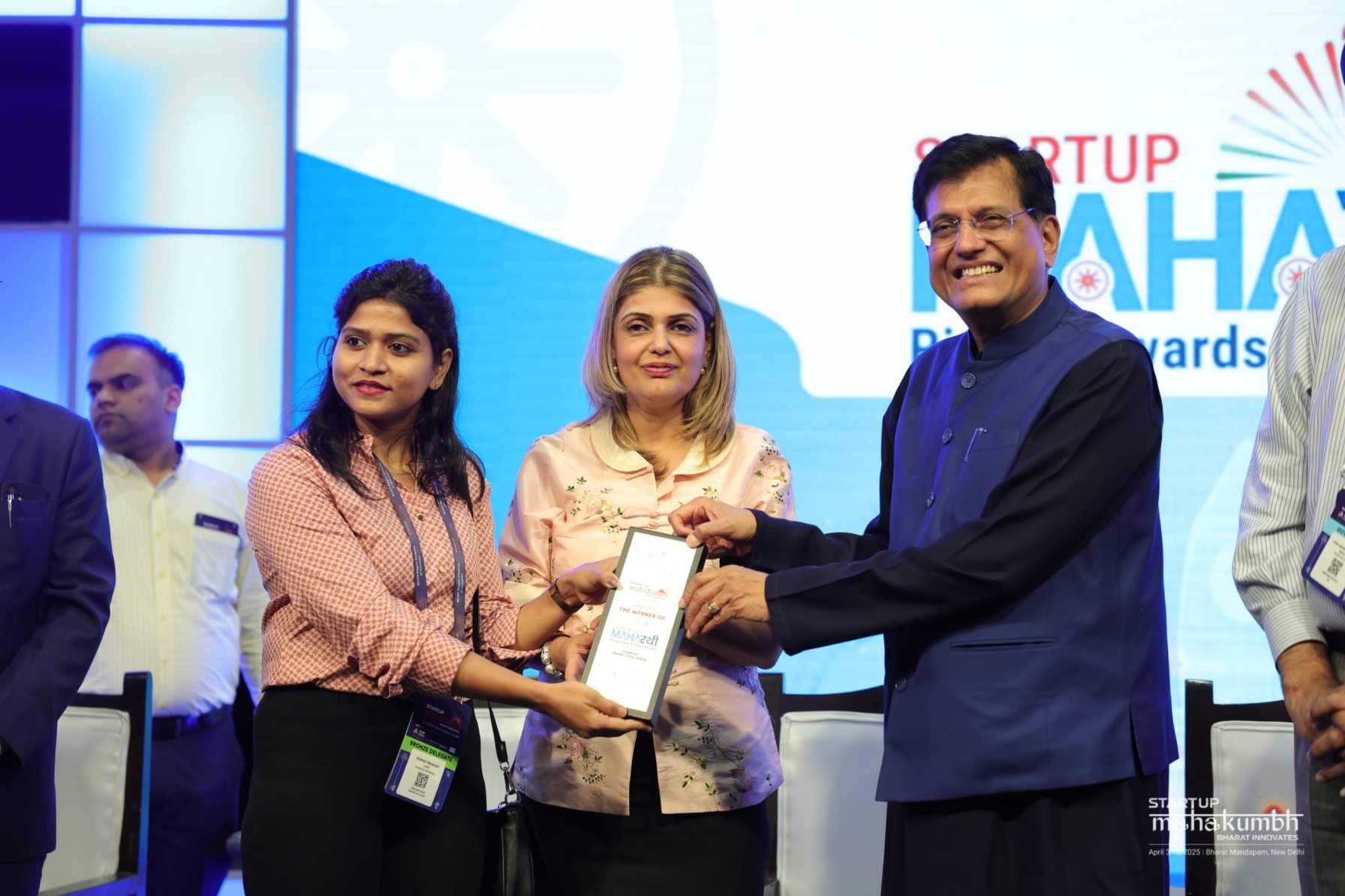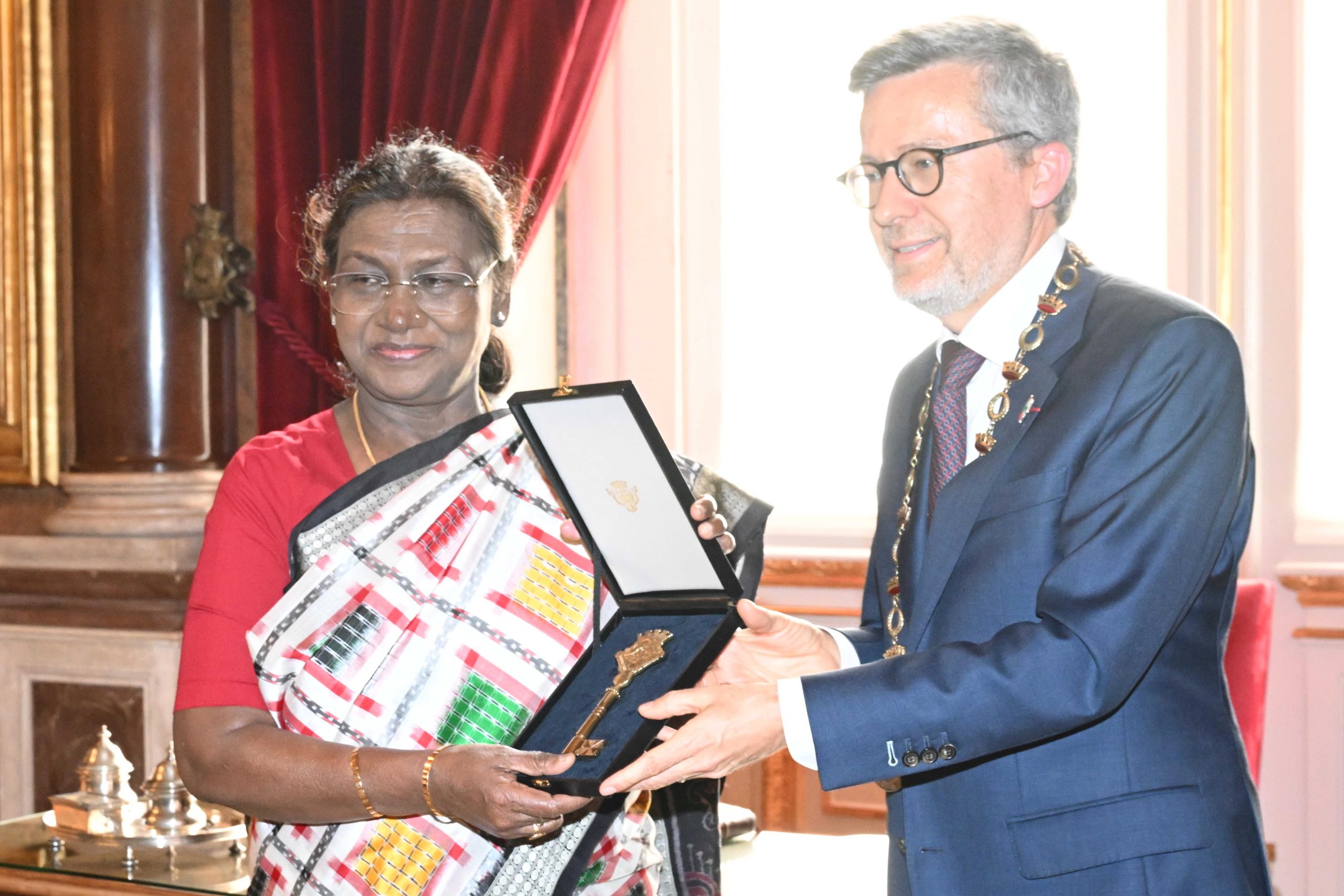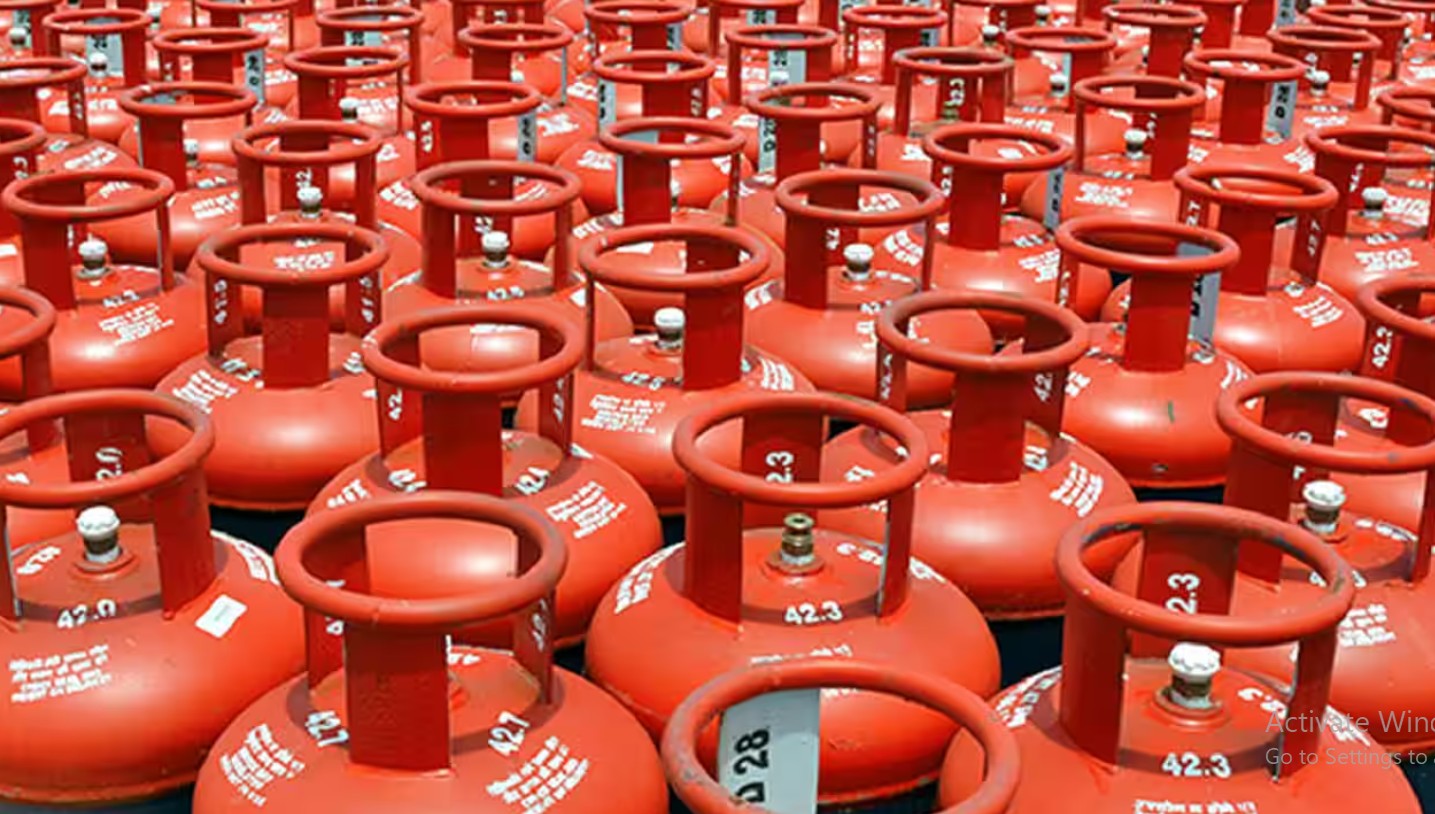New Delhi: In a significant step towards enhancing healthcare services for Indian Haj pilgrims, Union Health Secretary Apurva Chandra released a comprehensive document titled “Medical Care Arrangements for Haj Pilgrimage” today. The release was done in collaboration with the Ministry of Minority Affairs and witnessed the virtual presence of Mohammed Shahid Alam, Consulate General of India in Jeddah, along with other key stakeholders.
Haj, the world’s largest annual mass gathering, requires meticulous planning for medical care, a responsibility managed by the Emergency Medical Relief Division and the International Health Division of the Directorate General of Health Services under the Ministry of Health and Family Welfare.
Speaking on the occasion, Apurva Chandra noted, “This document outlines the roadmap of the health services available to the pilgrims and how they can access these services.” Highlighting that this is only the second year since the Union Health Ministry took on the healthcare responsibilities for Haj, he added, “The experience has provided significant learnings for improving healthcare services. This year, approximately 1,75,025 pilgrims from India undertook the Haj pilgrimage, including around 40,000 elderly individuals over the age of 60. Given the harsh weather conditions, round-the-clock healthcare services have been crucial.”
The Union Health Secretary revealed that nearly 2 lakh outpatient consultations were conducted this year, with medical teams actively visiting pilgrims. He emphasized the importance of a new live portal developed with the help of the National Informatics Centre (NIC), which provides real-time data and analysis on the pilgrims seeking medical care and the services being provided. “Continuous monitoring through this portal will help us significantly improve our services, setting a benchmark for other countries to emulate,” he stated.
Apurva Chandra also highlighted India’s commitment to assisting its citizens globally, citing examples such as the evacuation of students from Ukraine and aid during the fire incident in Kuwait. He noted that India has also extended help to citizens from other countries during crises.
L.S. Changsan, Additional Secretary, MoHFW, underscored the importance of comprehensive healthcare planning for such a large gathering, particularly in the demanding Saudi Arabian climate. She discussed the strategic placement of medical teams in Mecca and Medina for the convenience of pilgrims and the creation of a real-time data access portal. She praised the dedication of medical teams still working in Saudi Arabia and acknowledged the support of various stakeholders, including the Ministry of Minority Affairs, Consulate General of India in Jeddah, Haj Committee of India, NIC, WHO India, HLL Lifecare Limited, Central Government Hospitals, AIIMS, and numerous state institutions.
Shahid Alam, Consulate General of India in Jeddah, emphasized the importance of the document for institutionalizing the healthcare system for Indian pilgrims. He shared on-field experiences and challenges faced during Haj and appreciated the efforts of Indian medical personnel, noting that their services were highly rated by the Kingdom of Saudi Arabia (KSA).
The medical care arrangements provided by the Union Health Ministry include revising the medical screening and fitness certificate for Haj applicants in India, issuing health cards to selected pilgrims, supplying vaccines for state-organized vaccination camps, setting up Health Desks at embarkation points, deputing healthcare personnel with support from the Ministry of Minority Affairs, and establishing medical infrastructure at various sites in Saudi Arabia.




